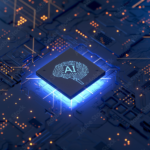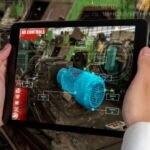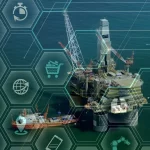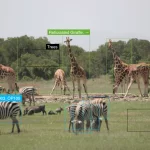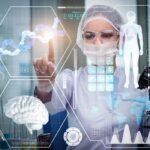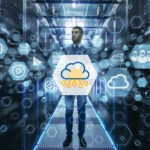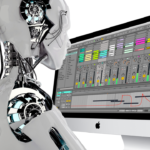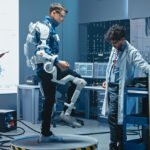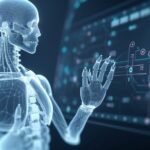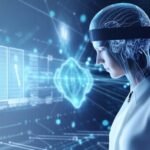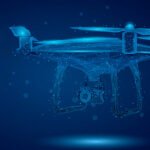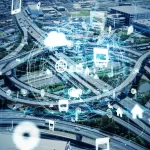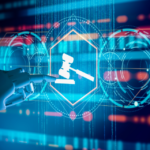AI and Drug Dosage Prediction: Personalized drug dosage recommendations using AI models.
The field of medicine is on the cusp of a revolutionary transformation, thanks to the integration of artificial intelligence (AI) into healthcare practices. One groundbreaking application is the use of AI in predicting personalized drug dosages, a game-changer that has the potential to optimize treatment outcomes, minimize adverse effects, and enhance patient care. In this blog, we delve into the transformative role of AI in drug dosage prediction, exploring how it works, its benefits, and its implications for the future of medicine.
- The Challenge of Personalized Drug Dosage
Administering the right dosage of medication is a critical aspect of healthcare. However, factors such as an individual’s age, weight, genetics, and overall health can lead to variability in drug response. Traditional dosing approaches often use one-size-fits-all recommendations, which can result in suboptimal outcomes or even harm for some patients.
- AI’s Data-Driven Insights
AI models, particularly those leveraging machine learning and deep learning, have demonstrated remarkable capabilities in analyzing complex medical data. By processing vast amounts of information from patient records, genetic profiles, and clinical trials, AI can identify patterns and correlations that are beyond human capacity. These insights form the foundation for predicting personalized drug dosages.
- Pharmacokinetics and Pharmacodynamics
AI-powered drug dosage prediction models take into account pharmacokinetics (how drugs move through the body) and pharmacodynamics (how drugs interact with the body). These models factor in individual patient characteristics and genetics to determine how a drug will be metabolized, distributed, and excreted, as well as its potential effects on the body.
- Real-Time Adaptation
One of the most promising aspects of AI-driven drug dosage prediction is its adaptability. These models can continually update and refine dosage recommendations based on real-time patient data, ensuring that treatment remains tailored to an individual’s evolving health status and response to the medication.
- Enhanced Patient Safety and Efficacy
Personalized drug dosing through AI has the potential to greatly enhance patient safety by reducing the risk of adverse reactions and side effects. It also increases the likelihood of treatment efficacy, as patients receive doses that are optimized for their unique physiological makeup.
- Accelerating Drug Development
AI-powered drug dosage prediction is not limited to patient care; it also has implications for drug development. By predicting dosages that yield the most favorable outcomes, AI can guide researchers in clinical trials, helping them determine the optimal dosage range for a new medication.
- Ethical and Regulatory Considerations
While the potential benefits of AI in drug dosage prediction are immense, there are ethical and regulatory considerations that must be addressed. Ensuring data privacy, transparency in AI decision-making, and regulatory approvals are critical to the responsible integration of AI into medical practice.





